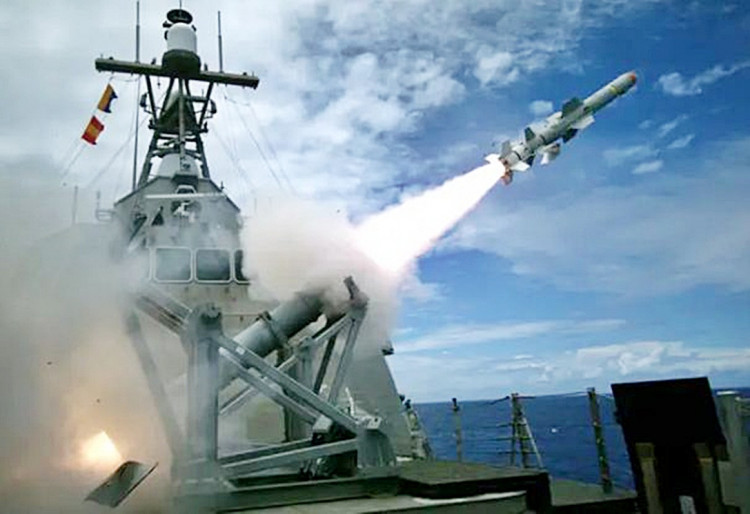The United States military has escalated its direct involvement in the Yemen conflict, launching a fourth round of missile strikes against Houthi-controlled sites. These recent strikes, originating from the Red Sea, targeted over a dozen locations and mark a significant increase in US military action in the region.
This latest military action was a response to a drone attack by the Houthis, an Iran-backed militia group, on a US-owned vessel in the Gulf of Aden. The Houthis, who hold sway over much of Yemen, have been engaged in a prolonged conflict with the Yemeni government, backed by a Saudi-led coalition. The Houthi-controlled Saba news agency reported that the areas hit by the US strikes included Hodeidah, Taiz, Dhamar, al Bayda, and Saada.
The US Central Command stated that the strikes were conducted on 14 Houthi missiles poised for launch, posing an imminent threat to merchant vessels and US Navy ships in the area. These actions come amid a backdrop of heightened regional tensions, partly due to the Israel-Hamas conflict in the Gaza Strip and Iranian airstrikes in Iraq and Syria.
The Houthi drone attack on the Genco Picardy bulk carrier, though it resulted in a fire, did not lead to any casualties, and the vessel continued its journey. This incident led to the Biden administration reinstating the Houthis on the list of "specially designated global terrorists," a move aimed at curbing their financial resources and military capabilities.
Despite the US and British forces carrying out extensive military operations, including a large-scale operation that hit more than 60 targets across Yemen, the Houthis have persisted in their maritime harassment campaign. The latest drone strike on the Genco Picardy and continued assaults on commercial shipping highlight the Houthis' resilience and the complex nature of the Yemen conflict.
Pentagon press secretary Maj. Gen. Pat Ryder emphasized the US commitment to preventing further Houthi attacks, acknowledging the group's exploitation of the situation to attack ships from over 50 countries. Similarly, former UK Foreign Secretary David Cameron expressed the need to explore all available measures, including intensified sanctions against Iran, to address the ongoing crisis.
The Houthi leadership has linked their attacks on commercial shipping in the Red Sea to the situation in Gaza, vowing to cease their actions once the "Israeli aggression" stops. They have also warned that any sanctions by Britain or America would be seen as a declaration of war.
Humanitarian organizations, including Save the Children and the Norwegian Refugee Council, have expressed deep concern over the humanitarian impacts of the military escalation in Yemen and the Red Sea. The conflict has already led to significant disruptions in trade and delays in shipments of lifesaving goods, exacerbating the dire situation in Yemen, where over 75% of the population depends on aid.
In February 2021, the Biden administration removed the special terrorist designation for the Houthis to facilitate humanitarian aid into Yemen. However, the recent resurgence of Houthi attacks has led to a reevaluation of this stance. US officials have stated that the designation could be lifted if the attacks on commercial shipping ceased, highlighting the delicate balance between applying pressure on the Houthis and ensuring humanitarian aid reaches the Yemeni people.
This intensified military engagement by the US, coupled with the complex geopolitical dynamics of the region, raises concerns about the future of peace efforts in Yemen and the broader Middle East. As the conflict continues, the international community watches closely, hoping for a resolution that brings stability to the region and relief to the millions affected by this protracted conflict.




